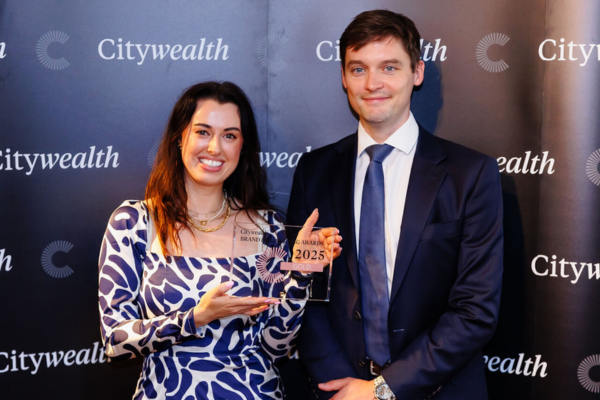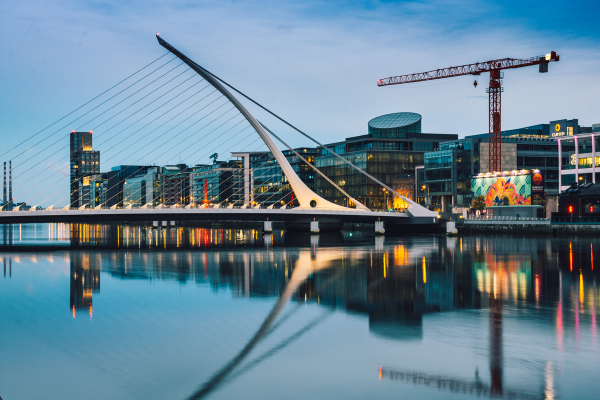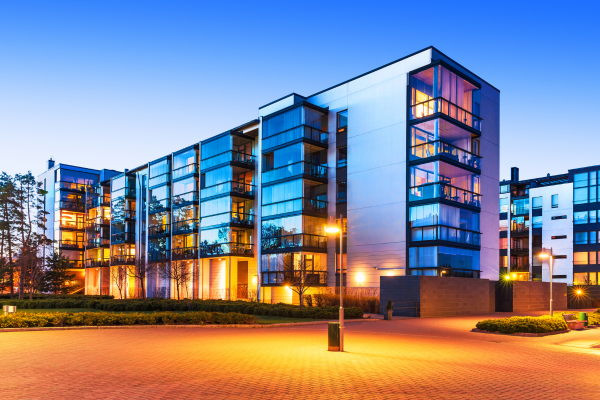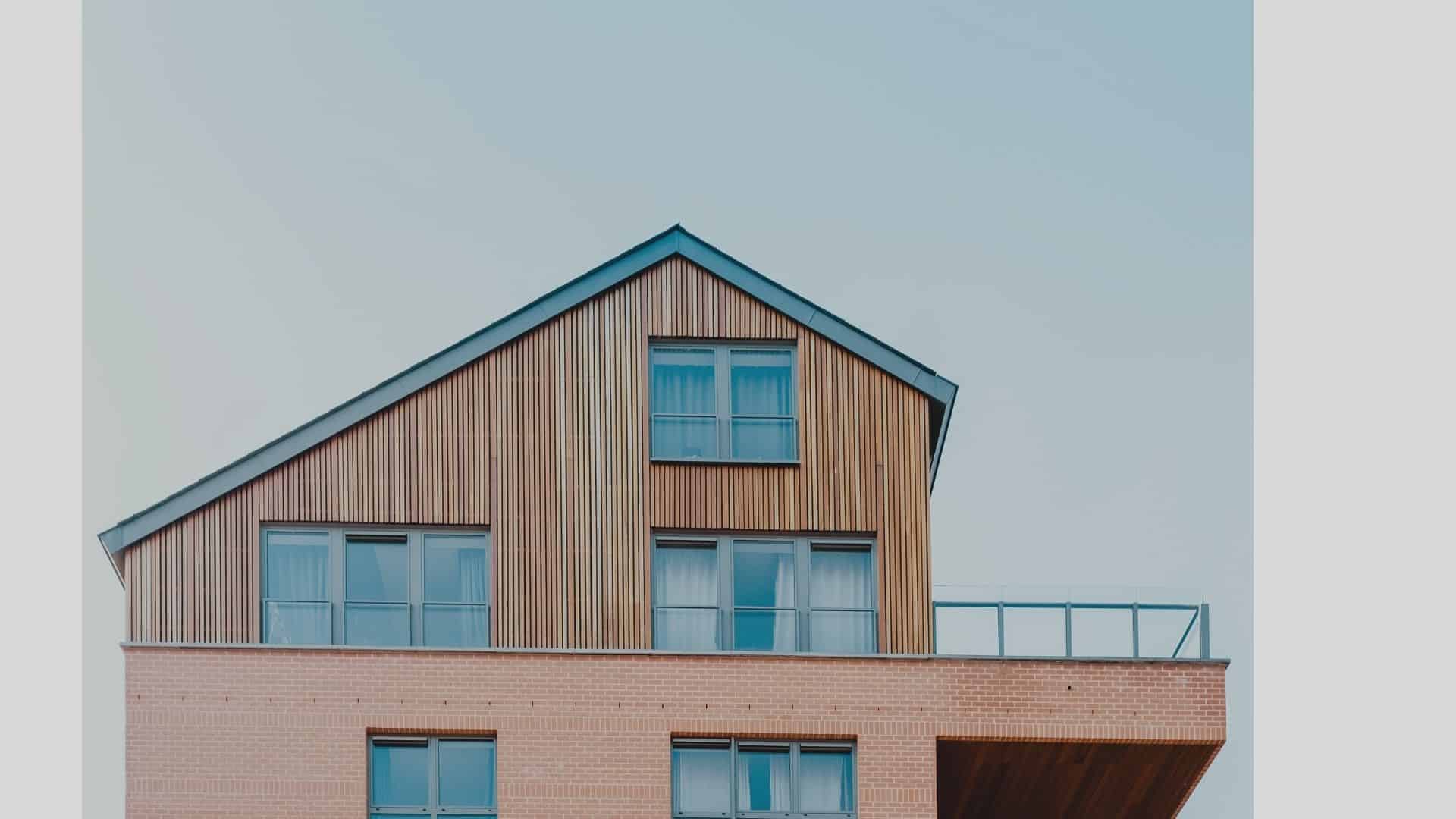There is much speculation over what will happen in the property markets over the coming months and years. We asked Nicolas Roux of the multi-disciplinary creative studio, Rive Gauche, what he thinks people should consider when looking to property for investment.
How would you describe the residential property market currently?
Nothing puts the jitters into property markets like uncertainty – and whether it’s political upheaval or a global pandemic, we have seen our fair share of it in recent years.
When the government took the unprecedented step of shutting down the property market last May, buyers, sellers and estate agents were plunged into a position they had never known before, nor could have imagined could ever happen.
Yet that briefly tumultuous moment – a mere blip in the bigger picture – led to months of almost frenzied house-buying once the first lockdown eased. And as experienced investors know, where there is uncertainty, there is opportunity.
Right now, for many high-net-worth investors with extensive property portfolios, that means maximising the value of their existing assets rather than taking the risk and expanding their portfolios. Their thinking is that now is the time to add value to – and leverage – their existing properties, to create more capital that they will invest elsewhere in the future.
What trends are you seeing with your clients?
At Rive Gauche, many of our clients have diverse property portfolios that span commercial, hospitality and residential property. They are reviewing those portfolios – and we are here to help.
The best place to start is with a feasibility study – basically, a business plan for property – to help the investors understand the options available to them to help them add value.
In the feasibility study, we typically will look at:
The property conditions: we carry out a full survey to assess the status of the property and the infrastructure.
Planning opportunities: this includes looking at options for extensions or change of use, taking into account factors such as location, listing and planning precedents. The pandemic has re-focused our gaze on how we live and work, so the solutions may include converting commercial to residential, creating outside space, or combining work and leisure space within the development.
Development and risk: we work out the preferred route, and then make sure the best team and procurement strategy are in place.
Costs and timeline: we will break down all the fees required to deliver your project, so there are no surprises, including professional, construction, financial and exit costs. And we’ll advise on the timeline.
How can clients add value to their existing portfolios?
There are three key areas to consider when looking to create additional value and leverage your current portfolio:
- Planning opportunities
- Creating value through design
- Getting the best team in place
Planning opportunities
Change of use:
With Covid having fundamentally changed our working practices, will changing the building’s use from commercial to residential be the most profitable solution? We are seeing increased demand for commercial property outside of the capital, but a number of our clients are looking longer term and see central London as a strong investment.
Extensions:
Square feet is at such a premium in central London that extending up, out, sideways or down will add value by creating more space. Some extensions are far simpler than others – and some come with far higher risks, costs and longer timeframes (though also, if done correctly, greater rewards).
Precedent will play a big part in working out the project’s viability. Some prime London streets are awash with basement conversions, so it’s likely that you will be allowed to do the same. Some councils, however, look, unfavorably on such projects, so it’s important to have all the information before you invest.
We would usually recommend a feasibility study and pre-application before you commit to more development cost and urge you never to cut corners on costs such as planning expertise.
Listed status:
We are often asked by clients if it’s worth investing in a listed property as they fear restrictions on renovation work and how that will affect the end value.
Some properties in the UK with historical value come with a Grade I or Grade II listing, which will dictate what alterations can be made. But Grade II listed properties can still offer good opportunities for renovation and redevelopment – and their inherent character is very attractive to some buyers.
Creating value through design
You may decide to achieve planning consent and then sell. It’s the cheaper and quicker option. Having planning consent will immediately add value to the property and open up your potential pool of buyers, as many investors without sufficient knowledge of the planning system do not like to take the risk of buying a building without it.
If you want to reap the rewards of building the project yourself, there are a number of areas you can look at to maximise the value of your property portfolio.
Multi-functional space:
Our homes have taken on a range of new purposes in the past year, as our workplaces, classrooms, fitness spaces and entertainment zone. And we’ve all had to get used to spending far more time than we’re used to at home and with our nearest and dearest.
Open-plan spaces can help make the home feel more conducive to harmoniously living and working together. Removing barriers such as walls can amplify the sense of space and give a greater sense of natural light and flow throughout.
Improving space and function:
You can do a great deal to improve a property’s space and functionality. When we start on a project, we always review the key elements based on the client’s or potential buyer’s lifestyle requirements. But in a high-end property, there are some fundamentals that are expected:
- Having a well laid-out master ensuite, preferably with his and her dressing rooms and bathrooms. The way you circulate around the space must feel natural and logical.
- Having a secondary access for staff and tradespeople, so that the house can discreetly be run and maintained without impacting on the main living areas.
- Removing unnecessary corridors and other areas of circulation that eat into the space. You want to move seamlessly from one space to the next, and you want to maintain privacy, without losing the sense of grandeur and space
Emotional value:
A home is about so much more than the sum of its parts and its monetary value; it’s also about how it makes us feel. We want to inspire and nurture emotion in every area of the property, and that means understanding how to balance space, volume and light to create something that looks and feels truly luxurious.
In the best high-end homes, landscape, architecture, interior design and function all carry equal weight and need to work in harmony. When Rive Gauche designs a property, we consider every single detail in order to create a design narrative that takes in architectural language, detail, materiality and texture.
Sustainability:
We want to show our clients that it’s possible to deliver exceptional interiors with a responsible approach. That means building the highest quality properties which have a positive impact on the environment. When designing a new project, you are designing for at least the next 10-20 years, so it’s crucial to think long-term by using durable and responsibly sourced and produced materials. We also need to build future-proofing into the property by anticipating forthcoming regulations as far as possible. Otherwise, a simple factor such as the property’s energy rating could make it unrentable.
Getting the best team in place
Planning and design are key to creating value. But there are other elements to consider to ensure the best possible outcome.
In the current market, expert advice is paramount. Any property owner should seek insight from people who have thorough and current experience of, and insight into the local market – especially in London, where each area has its own micro-market and trends.
High-net worth clients are usually time poor, so Rive Gauche is often asked to manage the entire process. We work with trusted partners in areas such as financial and tax structuring, conveyancing and development. With the correct team in place, the project can be delivered on time, and successfully.
This may be a time of uncertainty. But there is never a time without opportunity. Armed with the right information and expertise, you can be in a prime position to make the most of it.
For more information please contact Nicolas at Rive Gauche.
Stay Connected
Stay up to date with expert insights, latest updates and exclusive content.
Discover more
Stay informed with JTC’s latest news, reports, thought leadership, and industry insights.
Let’s Bring Your Vision to Life
From 2,300 employee owners to 14,000+ clients, our journey is marked by stability and success.


















